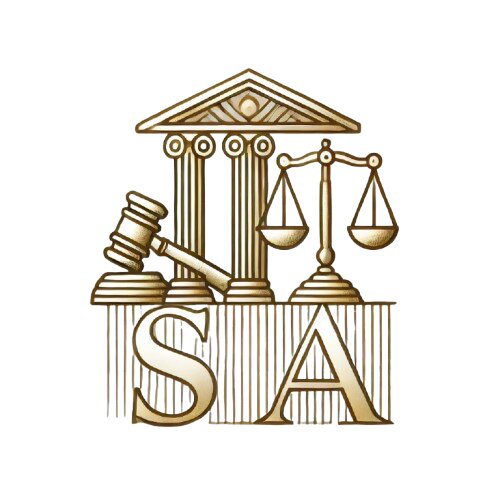Best Wrongful Termination Lawyers in Nicosia
Share your needs with us, get contacted by law firms.
Free. Takes 2 min.
List of the best lawyers in Nicosia, Cyprus

Michalis C. Zambartas - Advocates, Legal & Tax Advisors
30 minutes Free ConsultationAbout Wrongful Termination Law in Nicosia, Cyprus
In Nicosia, Cyprus, 'wrongful termination' refers to a situation where an employee's contract of employment has been terminated by the employer in a way that breaches one or more terms of the contract of employment. The law seeks to maintain a balance between the employer’s right to run their business and the employee’s rights. Generally, fairness, cause and ability to resolve any issues prior to termination are all aspects that are considered in these cases.
Why You May Need a Lawyer
Legal assistance is often necessary in cases of wrongful termination to ensure that employees' rights are protected and they receive suitable compensation for any breach of contract. A lawyer can help in interpreting complex employment laws, in collecting and presenting necessary evidence and representing the employee in court if necessary. Whether you are looking to negotiate a settlement or you wish to take your case to court, a lawyer can provide invaluable guidance and support throughout the process.
Local Laws Overview
In Cyprus and, therefore, in Nicosia, the termination of employment is primarily governed by the Termination of Employment Law of 1967. The law dictates that a reason should be provided for any termination and that termination due to union involvement, pregnancy, or gender is unlawful. It also mandates that employees made redundant must be compensated and that notice or payment in lieu must be given for termination. Notably, the law is applied in conjunction with the common law principle of wrongful dismissal, which implies that an employer must have a justifiable reason to fire an employee.
Frequently Asked Questions
1. What constitutes wrongful termination in Nicosia?
Termination without cause, discrimination, retaliation, or termination in violation of public policy are some common grounds for wrongful termination claims.
2. What kind of compensation can I expect from a wrongful termination case?
Compensation usually consists of reinstatement to your old job, back pay, front pay, compensatory damages, and possible punitive damages.
3. Should I claim wrongful dismissal or unfair dismissal?
The claim to bring depends on your specific situation. A lawyer can provide advice on which claim would be the most suitable to your case.
4. What is the statute of limitations for a wrongful termination case?
In Cyprus, claims related to termination of employment must be made within three months of dismissal.
5. Can I bring a wrongful termination case if I quit my job?
In certain circumstances, a worker who quits may be able to bring a 'constructive dismissal' case. Here, they would need to prove that their working conditions were so intolerable that they were forced to resign.
Additional Resources
The Ministry of Labour, Welfare and Social Insurance of the Cyprus Government provides plenty of resources and information on labour laws and workers' rights. The Cyprus Labour Inspection Department can also assist with claims for wrongful termination.
Next Steps
If you believe you have been wrongfully terminated, your first step should be to document all circumstances related to your dismissal. Then, contact an employment lawyer who can evaluate your case. Time is of the essence, due to the brief statute of limitations for employment claims in Cyprus. It is therefore important to act promptly.
Lawzana helps you find the best lawyers and law firms in Nicosia through a curated and pre-screened list of qualified legal professionals. Our platform offers rankings and detailed profiles of attorneys and law firms, allowing you to compare based on practice areas, including Wrongful Termination, experience, and client feedback.
Each profile includes a description of the firm's areas of practice, client reviews, team members and partners, year of establishment, spoken languages, office locations, contact information, social media presence, and any published articles or resources. Most firms on our platform speak English and are experienced in both local and international legal matters.
Get a quote from top-rated law firms in Nicosia, Cyprus — quickly, securely, and without unnecessary hassle.
Disclaimer:
The information provided on this page is for general informational purposes only and does not constitute legal advice. While we strive to ensure the accuracy and relevance of the content, legal information may change over time, and interpretations of the law can vary. You should always consult with a qualified legal professional for advice specific to your situation.
We disclaim all liability for actions taken or not taken based on the content of this page. If you believe any information is incorrect or outdated, please contact us, and we will review and update it where appropriate.















